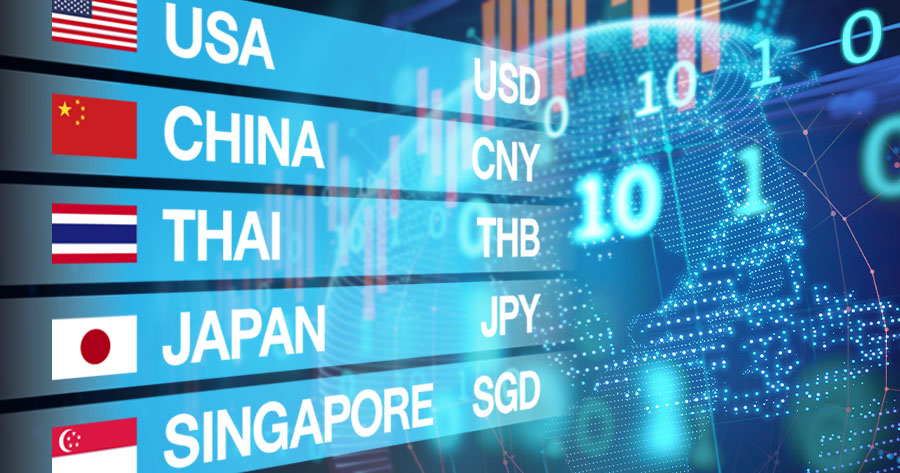Japan has plenty of reasons to avoid directly intervening in currency markets to prop up the yen, especially ahead of the Federal Reserve’s expected rate hike on Wednesday, economists say as reported by Bloomberg.
“There’s almost zero chance they would intervene before the Fed’s decision,” said Masaaki Kanno, chief economist at Sony Financial Group, indicating there was even less chance of Japan influencing the direction of the currency when a 50 or 75 basis point U.S. rate increase looms with more to come.
“An unsuccessful intervention would leave the finance ministry with no other tools. It’s better for them to keep it as a last option,” he added.
However, speculation continues that Japan may eventually consider intervening in the currency market to support the yen after it broke through 130 mark against the dollar last week.
The sharp slide followed the Bank of Japan’s ramped-up defense of its rock-bottom yield target.
While Japanese officials stepped up their warnings against further sharp moves in the currency after the drop, even their stronger language suggested that market players still don’t need to be on maximum intervention alert just yet.
Bank of Japan maintains a policy divergence with other central banks which are racing to raise policy rates to tame down inflation.
The yen has slipped more than 11% against the dollar so far this year as the worst performing G10 currency.
Bloomberg’s economists poll before the BOJ met last week, 81% said currency intervention was unlikely to take place, while 40% said the yen at 130 against the dollar was still positive for the economy overall compared with 24% who said it wasn’t.
“It’s likely very hard for Japan to gain any support for intervention from overseas,” said economist Harumi Taguchi at S&P Global Market Intelligence.
“With the elections in the summer, it’s possible the government will intervene to show they’re doing something,” economist Shunsuke Kobayashi at Mizuho Securities Co. said. “A one-sided intervention will have only limited impact, and may end up being little more than a performance with an eye on the election.”





